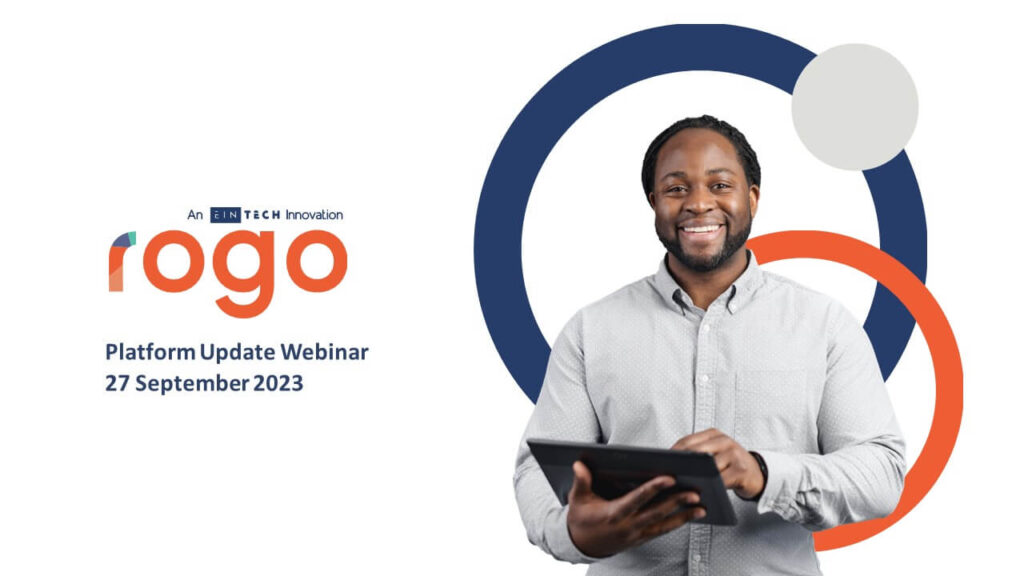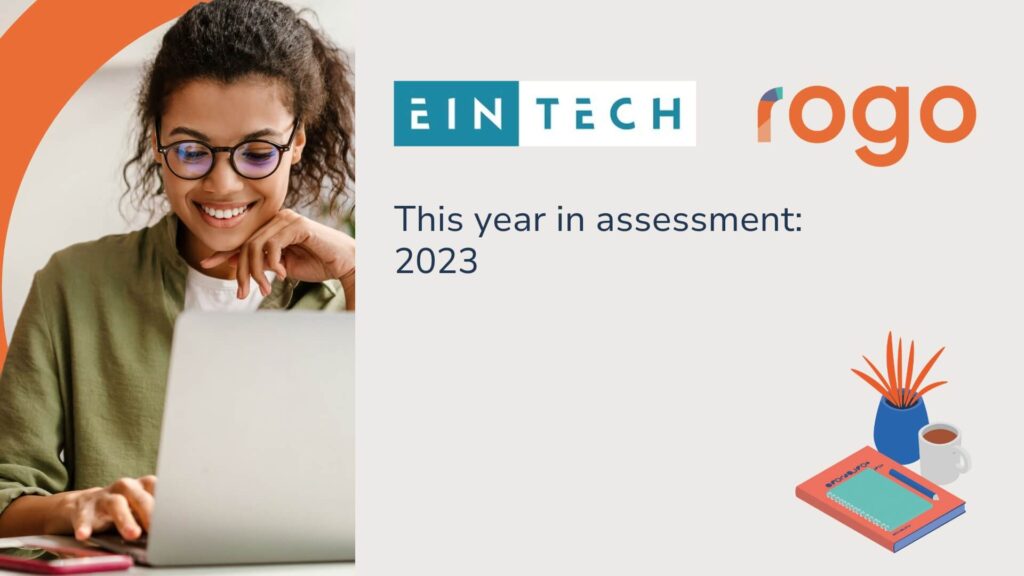The year 2020 wasn’t long ago, and the COVID-19 pandemic brought a new world of physical distancing, partial and total lockdowns, government-mandated masks and food shortages that forced the world to a standstill.
The Professional training and assessment sector was particularly affected, with test centre and training centre closures and distance learning becoming more important than ever. In this climate, eAssessments and eLearning had to scale up quickly to allow studying and testing to resume during lockdowns and ensure that people could continue to become qualified. Whilst there were initial pauses to learning and cancellation of exams and assessments, awarding organisations and training providers across the globe soon incorporated eAssessments and eLearning into their adaptive strategies.
Flash forward several years, and training sessions are back with in-person learning having resumed. But the impact of eAssessments has been significant, and many see this more flexible education tool as an improvement for the industry. Because of this, online assessments have withstood the pandemic as awarding organisations and candidates both felt the advantages of online assessments .
In our technology-focused world, it’s no surprise that many are looking to modernise the assessment format, but what implications does this have for the future of education, and what would we be missing out on if eAssessments were never invented?
Importance of assessments
Whether students love them or loathe them, assessments prove invaluable to their progression and help training providers and tutors develop their training programmes. Online assessments both formative and summative, provide so much more information on student and test performance than could ever be gained from the old pen and paper format.
At Rogo, we understand that assessments go beyond grading and have designed a bespoke eAssessment software solution that provides detailed feedback and results data to help tutors, candidates and awarding organisations to identify the competences of the individual and their areas of weakness. Results data also provides detailed information on how the test is performing to ensure that anyone gaining a qualification, is competent to perform the task assessed.
More in-depth feedback
Formative Assessments offer very little for students and tutors alike if feedback isn’t detailed and accurate. However, it can be difficult to provide thoughtful feedback on a non-digital format as marking needs to be manual and therefore time consuming and may not be consistent for all students.
Thanks to online assessments, much of the feedback can be automated, especially for computer marked questions, leaving markers more time to give comprehensive feedback, commenting in depth on subjective or long answer responses. This has allowed students to see clearly where they are excelling and where there are areas of improvement, ultimately helping them access those higher grades. Without eAssessments, markers have been confined to just the margins of papers to write feedback, which is rarely enough to provide significant support. Such limiting feedback stagnates students’ progression and doesn’t invite focus, drive or determination.
Online assessment software, like Rogo, provides auto-scorable questions and automatically totals the score to help markers save time and give students prompt and easily accessible results. Before, markers had to go back through exam papers to find the total marks, a mundane and inefficient task that leaves room for human error. Now markers’ scores can be easily compared against other markers to ensure consistency of marking.
The quicker students receive feedback, the sooner they can start working on improvements and implementing them in upcoming work. Before online assessments were being integrated on an international level, the guarantee of feedback by a certain date was far less accurate. Markers would have to transport and mark significant numbers of paper examinations, which could easily get muddled or lost during the process. Online assessments facilitate quicker and clearer reports that can be paired with automated visual aids to increase the comprehensibility of scores and visualise progress made.
Keeping up to date with the digital age
Since COVID-19, the professional training and assessment sector has come to lean on eLearning and eAssessments as an integral part of its way of operating. Allowing training providers to offer flexible learning to students and awarding organisations to provide alternative options for when and where to take tests.
A problem that faced many candidates when undertaking pen and paper exams was their handwriting. Candidates can become fatigued during longer exams which can affect the legibility of their written responses, potentially harming their marks if the assessor is unable to decipher what has been written. Assessments are there to test a student’s knowledge, not their handwriting, so eAssessments seem the natural upgrade from pen and paper.
Kinder to the environment and your pocket
If eAssessments had never been invented, the environmental impact of the assessment sector would certainly be higher than it is. Paperless exams put less of a strain on the environment than paper, as fewer supplies are required to print the exam papers and fewer carbon emissions are produced as a result of instant delivery via the internet.
Before the introduction of eAssessments, a lot of time and resources were needed to print papers, distribute them securely to test centres, get them returned (without getting lost), scanned and the paper versions stored securely for months or even years. Online assessments are therefore not only more cost-effective than paper exams, but more environmentally friendly too.
Improving accessibility
A positive aspect of eAssessments is their accessibility for anyone with access to the internet – a particularly important feature during the pandemic, where entire cohorts would otherwise have had to postpone their qualifications and ability to work. However, this accessibility also improves the testing experience for those who need additional support.
Students who require further help can find it through online assessments, whether it be a coloured background, increased font size, audio description or simply extended time frame. Before online assessments, teachers would have to print off specially adapted exam papers, a fiddly and manual process and such noticeable differences in the paper could lead a student to feel marginalised by their cohort. However, eAssessments can be personalised to your institution and your candidates’ needs, without compromising on sensitivity and anonymity for the student.
Good academic practice
Naturally, there has been some scepticism surrounding the move to eAssessments, which is why Rogo is designed with the end user in mind. We have partnered with TurnItIn to improve the authenticity of a student’s work and spot plagiarism. New question types are continually being developed that test “real world”scenarios, ensuring candidates not only know, but can also do
Plagiarism is perhaps one of the most important factors in assessing the quality and authenticity of a student’s work. Before the invention and implementation of online assessments which feature plagiarism vetting tools, students could more easily pass off other people’s work as their own, harming the integrity of the examination and your institution. With eAssessments, there are efforts to detect plagiarism which acts as a deterrent for students to submit work that was not their own.
The proof is in the stats
A study performed by Aston University explored the impact of lockdown on the studying experience, the students’ mental health and the general effects of lockdown. 151 bioscience students completed the online survey, and the results showed that a significant proportion of students had a positive experience with eAssessments. In fact, 85% saying that they would welcome a return to the format in the future.
Online assessments provide endless opportunities to streamline assessment experiences for both students and assessors. As the digitalisation of assessments and learning takes hold of educational institutions, students and tutors are being encouraged to reflect on performance, and personal progression has never been more achievable.
At first, it may seem difficult to imagine a world without the invention of eAssessments, but it wasn’t too long ago that they were nothing more than an idea. Without them, the past few years would have been disastrous on a global scale, and our certification systems would be left behind as the world continued to develop digitally.
Want to find out more about how Rogo can help enhance professional learning and assessment? Get in touch with our expert team.


